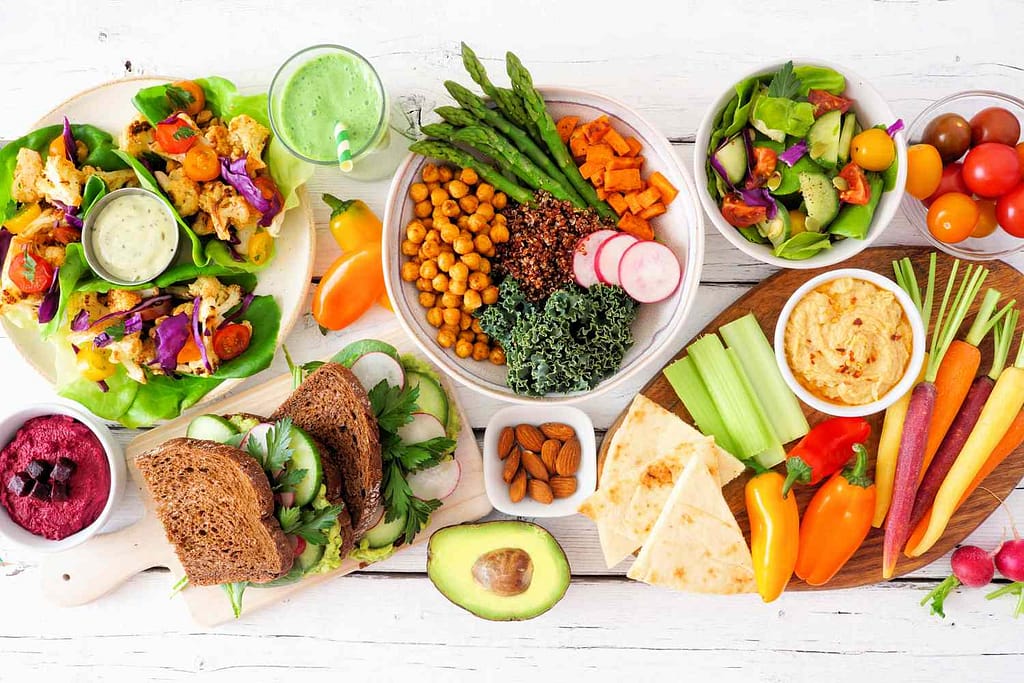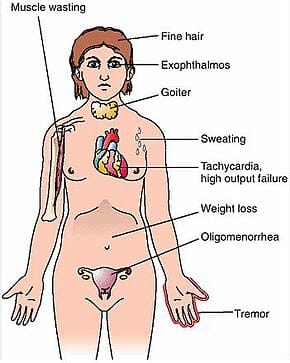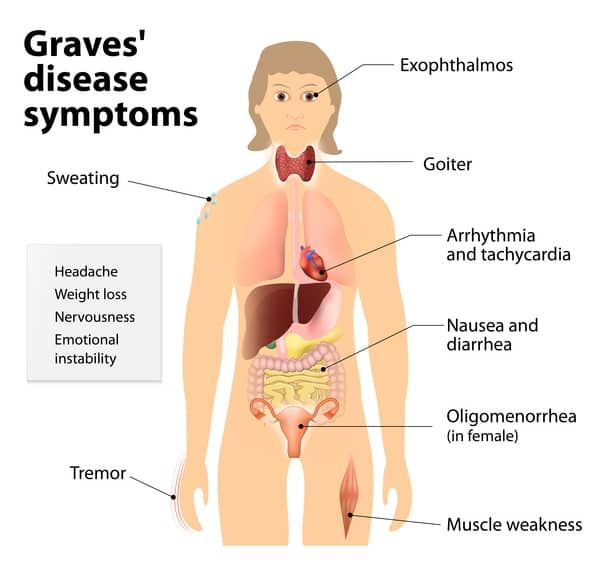Unlock the Power of Home Remedies for Managing Hyperglycemia!
Hyperglycemia, which is also called high blood sugar, is a real threat that may be faced by someone with diabetes or someone who can be expected to get it in the future. While medicines are important as they are key to maintaining blood sugar levels, their options can be combined with other home treatments. You can thus adopt an overall health strategy. In this article, we will reveal home remedies that can be incorporated into your routine and help you manage your blood sugar levels.
Diet and Nutrition Fiber is Your Friend

One of the most efficient home remedies to manage high blood sugar is to focus on diet, particularly by increasing fiber intake. Foods high in fiber, such as fruits, vegetables, legumes, and whole grains, can slow down the absorption of sugar into your bloodstream and improve your blood sugar levels.
The Magic of Magnesium
This can be achieved by incorporating magnesium-rich foods such as spinach, almonds, and avocados into your diet. Magnesium has been found to play a pivotal role in glucose control and the metabolism of insulin.
Exercise Regularly
Regular physical activity can help lower your blood sugar levels and increase insulin sensitivity. Aim for at least 30 minutes of moderate exercise, such as brisk walking or cycling, most days of the week.
Hydration is Key
Staying adequately hydrated ensures your body can efficiently regulate blood sugar. Water helps remove excess glucose through urine and maintains healthy blood volumes. Remember to drink plenty of water during the day and avoid sugary drinks that contribute to blood sugar levels.
Herbal Remedies
The Power of Cinnamon
Cinnamon is more than just a spice—it can also have a beneficial effect on blood sugar levels. Adding a dash of cinnamon to your meals or taking a cinnamon supplement might help lower blood sugar in some individuals.
Fenugreek for Control
Fenugreek is rich in soluble fiber, so it can help regulate the blood sugar level. If you are in its seed form or powder form, or maybe if you put it in your meals, fenugreek is one of the natural ways to work on stabilizing your blood sugar levels.
Stress Management
Chronic stress affects blood sugar levels. Their release is the result of cortisol and adrenaline, which contribute to this problem. Practices such as yoga, meditation, or mindfulness could result in reduced stress levels and therefore improve control over blood sugar.
Monitor Your Blood Sugar Levels
Meanwhile, home remedies play a significant role, but it is of utmost importance to be aware of the symptoms of hypoglycemia. Track the levels of your blood sugar with a log and get a picture of how different food items and activities influence your blood sugar levels. The knowledge attained will help you make well-guided decisions as they concern your lifestyle and diet.
One of the effective methods for overcoming hyperglycemia is applying these home remedies routinely. Thus, you will do your bit in fighting against the disease. Nonetheless, please be reminded that these remedies should work as extra benefits alongside, not as a replacement for, the primary prescribed medical care. Always remember to consult your doctor before doing something that may completely change the way you care for your health.
For those with high blood sugar, life has been, at times, a balancing act. But armed with the right information and tools, managing the condition may have become more manageable and less frightening.
Dietary Changes for Hyperglycemia Treatment at Home
A healthy diet is an essential practice in the management of hyperglycemia. Whole, unprocessed foods; avoid sugary drinks; and refined carbohydrates.
Here are some dietary tips:
- Eat plenty of fiber-rich foods. Fiber slows down the digestion of carbohydrates and thus lowers the risk of blood sugar spikes. Make time for whole grains, fruits, vegetables, and legumes in your diet.
- Choose low-glycemic index foods: Low-GI foods contain carbohydrates that dissolve slowly in the blood, leading to a gradual increase in blood sugar levels. Examples of low-GI foods include whole grains, non-starchy vegetables, and most fruits.
- Incorporate protein-rich foods: Protein takes longer to digest than carbohydrates, which helps regulate blood sugar levels. Include protein-rich foods like lean meats, fish, eggs, tofu, and legumes in your diet.
- Healthy fats are essential: Foods with ingredients high in health-friendly fats, including avocados, nuts, and olive oil, can slow the digestion of carbohydrates and reduce inflammation.
- Stay hydrated: Drink a lot of water during the day in order to help your body regulate blood sugar levels.
Exercise for Hyperglycemia Treatment at Home
Regular physical exercise is the most important part of the treatment protocol for hyperglycemia. It is through the improvement of insulin sensitivity that the risk of blood sugar spikes can be lowered through exercise.
Here are some exercise tips:
- Aim for at least 150 minutes of moderate-intensity exercise. The activities of brisk walking, cycling, and swimming are excellent for improving insulin sensitivity.
- Incorporate strength training: Building muscle mass through strength training exercises may help improve sensitivity to insulin and reduce the risk of hyperglycemia.
- High-intensity interval training (HIIT): HIIT involves short bouts of high-intensity exercise followed by periods of rest. This type of exercise has been shown to improve insulin sensitivity and reduce blood sugar levels.
Lifestyle Changes for Hyperglycemia Treatment at Home
Hyperglycemia, which is commonly referred to as high blood sugar, is one of the prevalent conditions facing patients with diabetes. Diabetic patients are required to address this issue by following lifestyle improvements coupled with the necessary fine-tuning of medication regimes. Here are some key strategies to help manage hyperglycemia at home.
Here are some tips:
- Get enough sleep: Insulin insensitivity can occur when a person fails to acquire enough sleep, especially those who are always exposed to high glucose levels. Go for a minimum of 7 to 8 hours of sleep per night.
- Manage stress: Chronic stress increases the risk of hyperglycemia. Keep practicing stress-reducing techniques, such as meditation, yoga, or deep breathing exercises.
Conclusion
The treatment of hyperglycemia at home involves a comprehensive plan that encompasses changes in diet, exercise, natural remedies, and lifestyle, and all these need to be addressed. Whether it is through simple lifestyle modifications as listed or by personalizing your daily routine, you will have the best chance of maintaining glycemic control and preventing serious health complications. Do not forget to consult your healthcare provider before pursuing extreme changes in eating habits or the mode of exercise. Following the right approach, you can do a great deal to regulate your blood glut as your way to living a healthier and more fully satisfied life.
FAQ: People also ask
Q.1. Can I bring down high blood sugar naturally without medication?
Sometimes you can, but it depends on the severity of your hyperglycemia and whether you have underlying diabetes. Here’s what helps:
-
- Exercise: Even moderate activity helps your body use insulin better.
- Healthy diet: Focus on low-carb foods, high fiber, and healthy portions.
- Stress management: Stress hormones can raise blood sugar.
- Supplements: Talk to your doctor before trying supplements like cinnamon or chromium, as they could interact with medications.
Q.2: What foods or drinks can quickly lower blood sugar in an emergency?
Avoid this unless your doctor specifically orders it. Rapidly lowering blood sugar can be dangerous. Sustainable management is better. However, if advised for emergency situations, these have fast-acting carbs:
-
- Fruit juice (small amount)
- Glucose tablets
- A few pieces of hard candy
Always recheck your blood sugar 15 minutes after consuming these.
Q.3: When should I be worried about high blood sugar and call a doctor?
Call your doctor or seek medical help if:
-
- Your blood sugar is consistently above your target range.
- You have symptoms of severe hyperglycemia, like confusion, extreme thirst, vomiting, or difficulty breathing.
- You have ketones in your urine (if you have type 1 diabetes).
- You’re unsure how to manage a high blood sugar episode at home.
Q.4: How can I prevent hyperglycemia in the first place?
The best prevention is healthy lifestyle habits:
-
- Balanced diet: Focus on whole foods, fruits, and vegetables, and limit processed foods.
- Regular exercise: aim for at least 30 minutes of moderate activity most days of the week.
- Weight management: If you’re overweight, losing even a small amount of weight can improve insulin sensitivity.
- Stress management: Find healthy ways to manage stress
- Work with your doctor: Regular check-ups and following their treatment plan are crucial.







